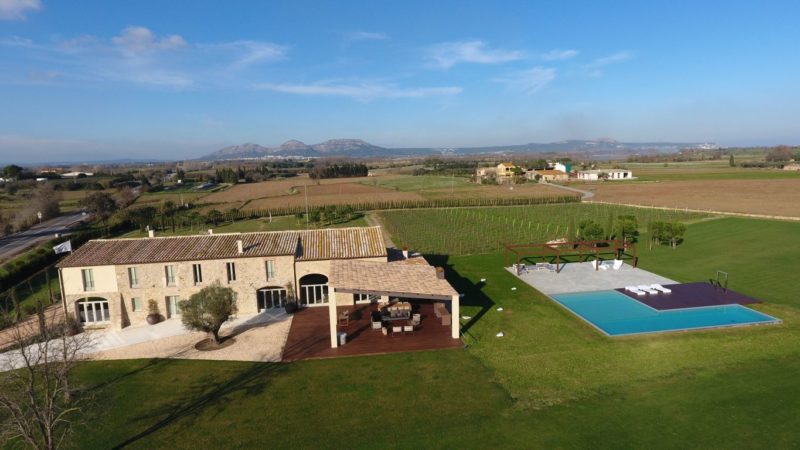
If you want to improve your footwork and agility, you need to concentrate on stability, resistance, speed and mind body co-ordination.
These videos will show you a plethora of exercises that will get you there. Although they are made for tennis players, they apply perfectly well to padel players too, as padel is very similar to tennis as a sport.

Agility ladders are one of my favorite exercises for improving agility, together with using a jump rope.
Speed ladder drills are about quality and form rather than producing overload. The drills are not meant to leave you fatigued or breathless in the way that shuttle runs might, for example.
It is better to perform these drills at the start of a session after the warm up. Your muscles should be fresh to ensure good quality of movement. And because they will not leave you exhausted you can perform resistance or endurance training afterwards.
When performing agility ladder drills, keep in mind the following:
- Push off from the balls of your feet (not the toes)
- Pump your hands from shoulder height to hips (men) and from chest height to hips (women)
- Keep your elbows at 90 degrees at all times
- Keep your arms, shoulders and hands relaxed
- Try to keep your head still as much as possible

If you’ve ever watched boxing matches you’ll have observed that boxers have fantastic agility and footwork. That’s why we have a lot to learn from these athletes. Check out this video for some fantastic tips that can be applied to padel. When you think of it, moving in a padel ring and moving in one half of a padel court are not that different.

What other exercises and techniques do you use to improve your footwork and agility in padel?

 Padel is a sport that requires a broad fitness regimen. Strength, speed, agility, flexibility and endurance are all athletic building blocks of a padel player. Workout routines designed for padel need to incorporate training for each of these attributes. Balanced training involves workouts on the court, in the gym and on the track.
Padel is a sport that requires a broad fitness regimen. Strength, speed, agility, flexibility and endurance are all athletic building blocks of a padel player. Workout routines designed for padel need to incorporate training for each of these attributes. Balanced training involves workouts on the court, in the gym and on the track.
 In recent years I’ve taken quite an interest in real estate, and I’ve been learning the ropes by
In recent years I’ve taken quite an interest in real estate, and I’ve been learning the ropes by 